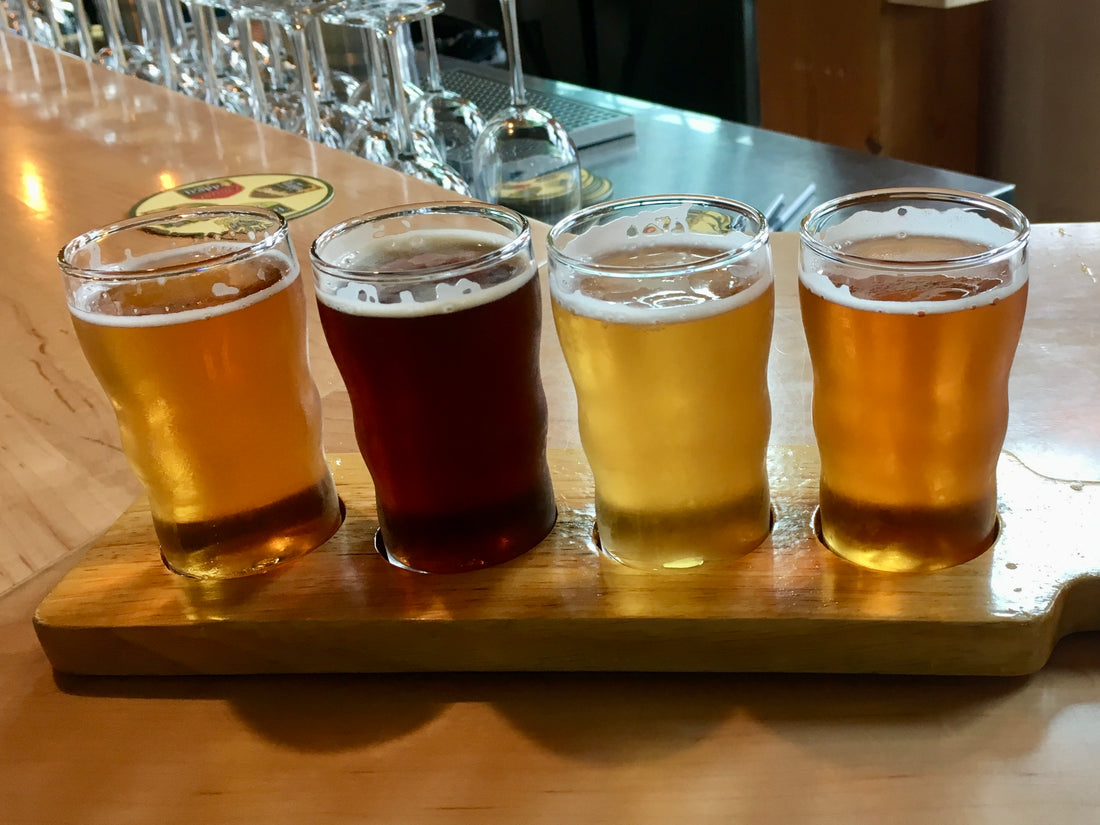When it comes to achieving your fitness goals, understanding the impact of alcohol is crucial. Just like proteins, carbohydrates, and fats, alcohol supplies your body with energy in the form of calories. Surprisingly, it packs quite a caloric punch, providing nearly twice as many calories per gram compared to proteins and carbs (7 calories per gram versus 4). So, that straight liquor isn't exactly free in a caloric sense.
Whether it's beer, wine, or mixed drinks, the calorie range varies widely—from low-calorie options to ones that are best left uncalculated. And let's not forget the sugar-laden mixed drinks and the mindless snacking that often accompanies a night out. Beyond just the calorie content, however, alcohol can significantly derail your transformation goals by impairing recovery, disrupting sleep, affecting gut health, and more.
Why Alcohol Hinders Progress
Alcohol is recognized by the body as a toxin, and rightfully so—it is one. When you consume alcohol, your body prioritizes breaking it down and eliminating it over almost everything else. This means that processes crucial for fat burning, nutrient storage, and muscle building, like muscle protein synthesis, are put on hold. Even just 1-2 drinks can halt muscle protein synthesis for up to 36 hours, effectively stalling your progress towards building lean muscle and burning fat.
The Impact on Your Goals
If your fitness journey includes regular indulgence in alcohol, it could be enough to keep you from entering the muscle-building, fat-burning state that's essential for progress. Frequent drinking not only pauses fat loss efforts but also places you in a calorie surplus—prime conditions for fat gain.
Balancing Enjoyment with Progress
Does this mean you should swear off alcohol completely? Not necessarily. Extreme restrictions rarely lead to sustainable results. Instead, moderation is key. If you're aiming for quicker progress, minimizing alcohol intake is advisable. Opt for lower-calorie choices when you do indulge, and be mindful of how alcohol fits into your overall nutrition and fitness plan.
In essence, while enjoying a beer or a glass of wine occasionally won't completely derail your efforts, frequent indulgences can significantly hinder your progress. By understanding the impact of alcohol on your body and making informed choices, you can better align your lifestyle with your fitness goals. Remember, achieving lasting results is about balance and consistency—so, less is often the best approach when it comes to alcohol and your fitness journey.

